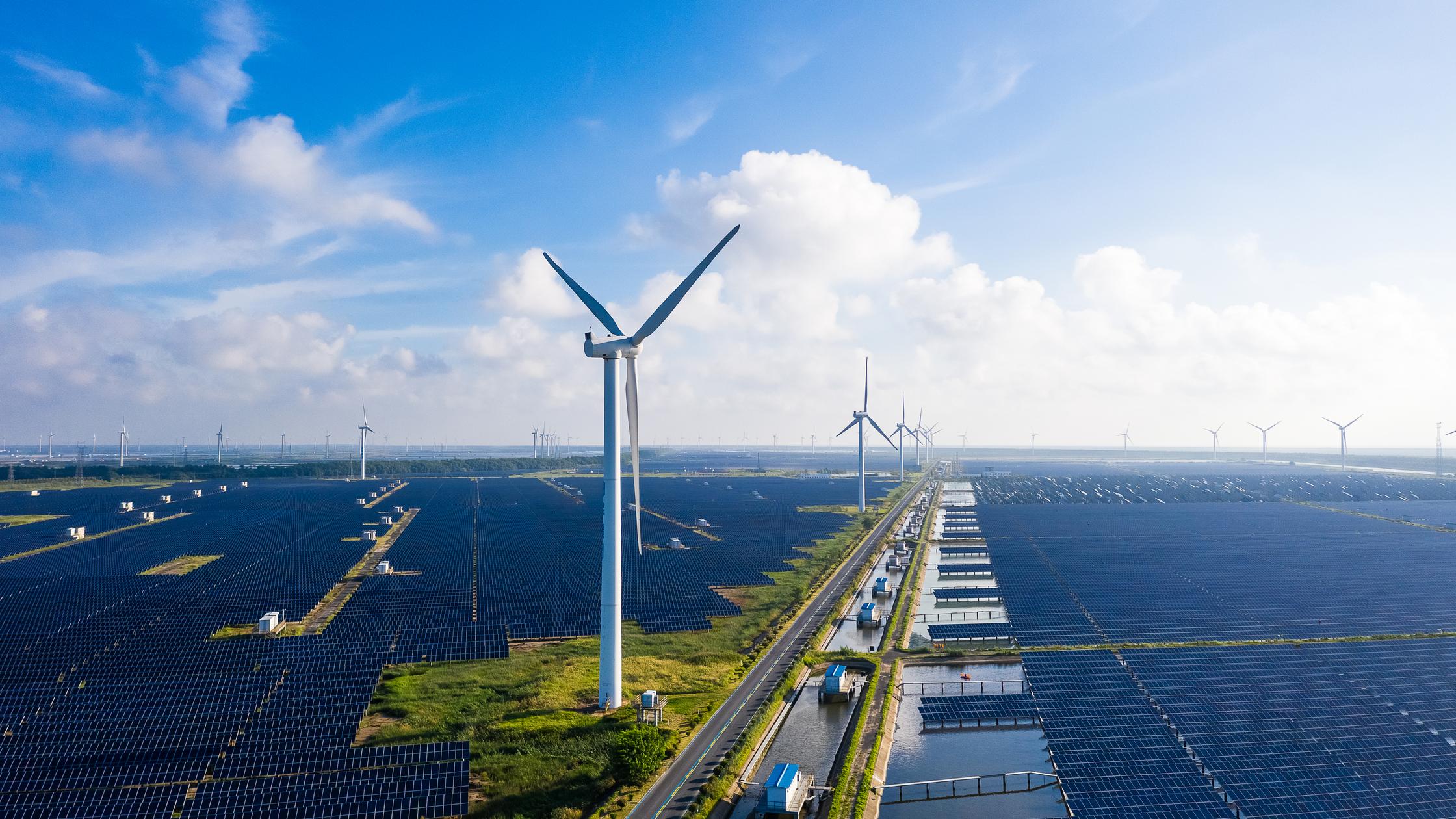It's increasingly important to demonstrate your organization’s carbon neutrality, show you’re serious about sustainability, respond to climate change, and contribute to the UN Strategic Development Goals.
PAS 2060 - Carbon neutrality verification provides a recognized method of substantiating genuine claims so you can achieve these ambitions.
We can help you harness PAS 2060 to demonstrate the carbon neutrality of your organization or any uniquely identified subject such as a specific activity, product, service, building, project or event.







